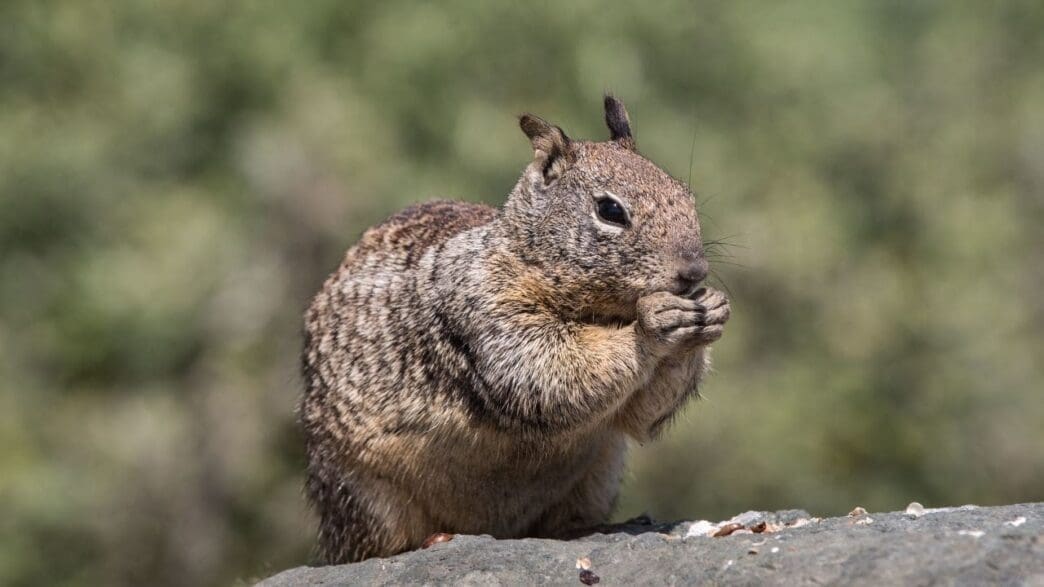In a remarkable development, researchers have confirmed that California squirrels have begun eating voles—an unprecedented behavior for these rodents. This discovery opens new avenues for understanding animal behavior.
This new study marks the first time that California squirrels have been observed consuming voles. The finding is significant as it defies the typical dietary patterns known for these squirrels. Traditionally, squirrels are herbivores, subsisting mainly on nuts, seeds, and fruits. The emergence of this carnivorous tendency raises fascinating questions about the adaptability and ecological pressures influencing these animals.
Experts highlight the importance of these findings because they could reveal critical insights into animal behavior and interspecies interactions. The researchers suggest that this behavior may be an adaptive response to changes in their environment, possibly influenced by food scarcity or environmental alterations. By studying these shifts, scientists hope to gain a better understanding of how animals adapt to changing ecosystems, which is increasingly relevant in the face of climate change.
Meanwhile, the study of such novel behaviors could enhance our knowledge of evolutionary processes. It could shed light on how species might survive and thrive amid altering habitats and resources. Researchers believe that further investigation into this behavior can contribute to the broader field of behavioral ecology, providing data that might apply to other species exhibiting unexpected dietary adaptations.
In addition to its environmental implications, the discovery holds potential significance for wildlife management and conservation strategies. Understanding why and how these squirrels have adopted a new diet might inform practices aimed at preserving biodiversity and maintaining ecological balance. As ecosystems face diverse threats, such knowledge could prove invaluable in sustaining various species and their roles within their habitats.
The observation of California squirrels consuming voles serves as a pivotal point in animal behavior studies. It underscores the importance of continuous research and awareness of the dynamic changes within ecosystems. Such discoveries not only enhance scientific understanding but also inform conservation efforts worldwide.








